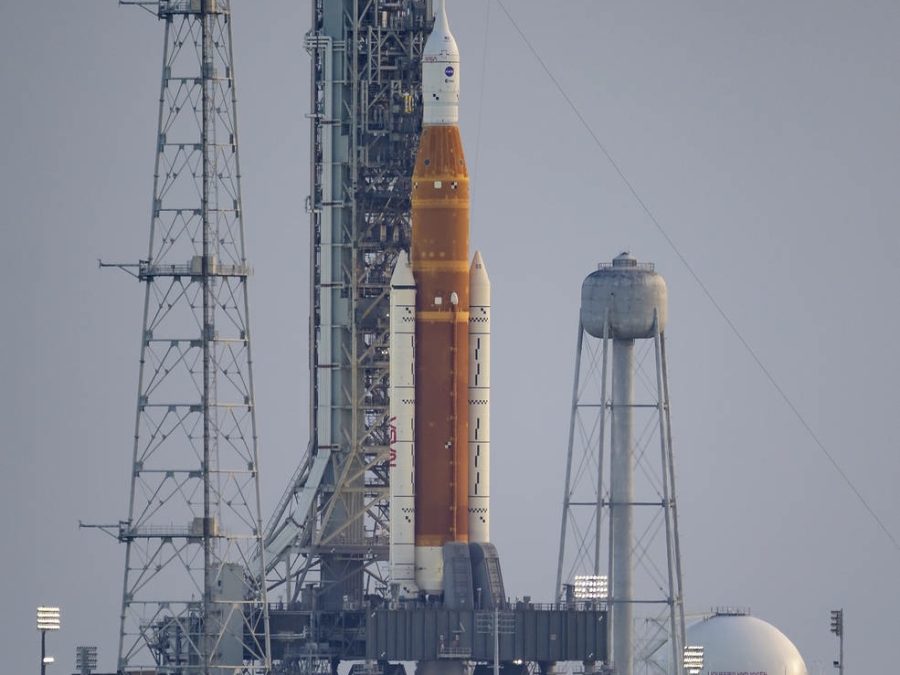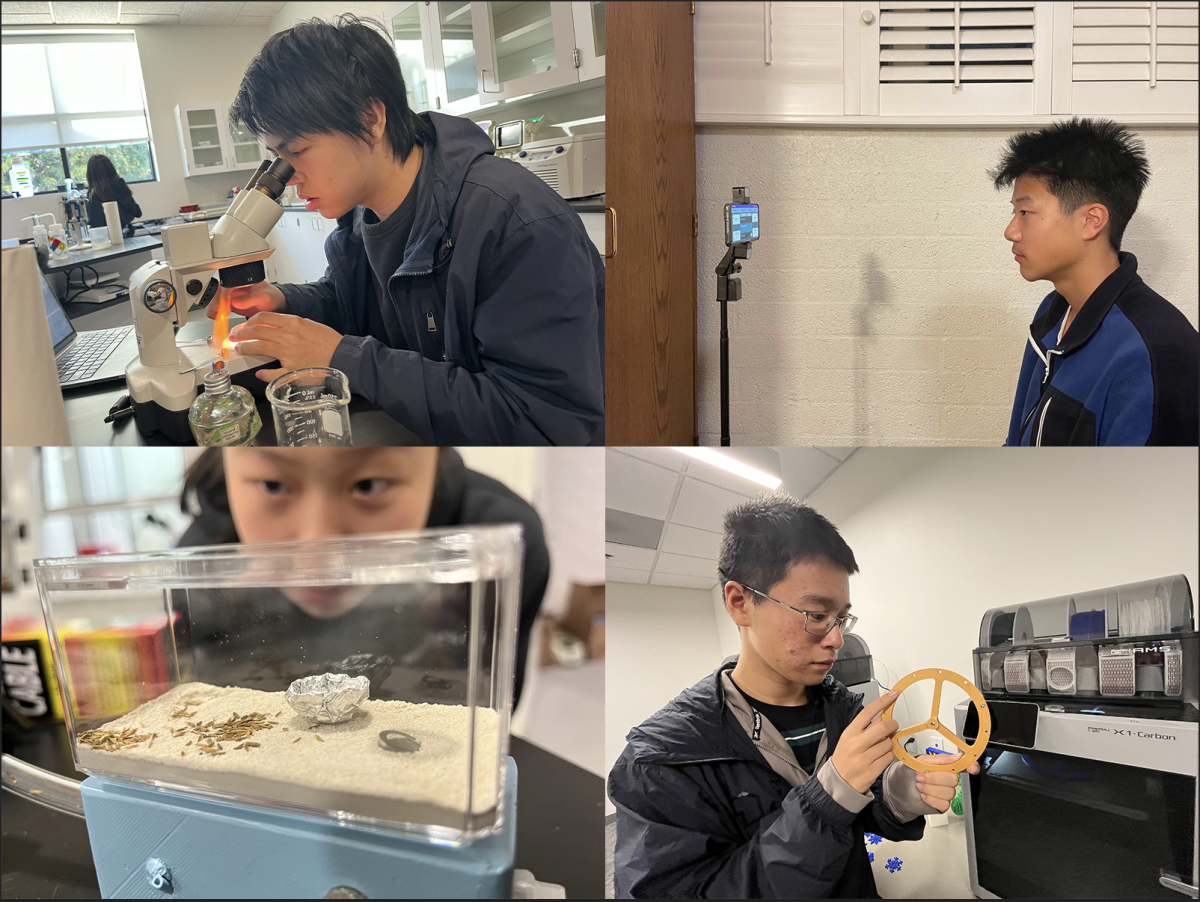Millions of people around the world held their breath as the timer ticked down. Kids were at the edge of their seats. Parents clutched each other’s hands. Every single broadcasting channel and radio station in the world was covering the launch. 5…4…3…2…1… We have liftoff for Apollo 11! Oh, wait, sorry, that’s the wrong launch. Our rocket in question, Artemis 1, faces a very different situation.
On September 3rd, 2022, NASA prepared to launch the Artemis 1 moon mission mounted on the SLS mega-rocket, scheduled to take off at 2:17 pm EDT for a test flight. According to NASA, the mission aims to return humans to the moon, explore the lunar surface, and potentially lay the groundwork for sending people to Mars.
However, the mission was scrubbed at the last moment because of a hydrogen fuel leak, being the second failed launch attempt due to technical difficulties. Just recently, the launch was once again delayed by Hurricane Ian ravaging Florida. Many working on the mission at NASA were disappointed, but how did some Webb students react to the unfortunate news?
“I’m generally not super worried because these delayed launches tend to happen a lot, especially with these super delicate rockets,” Andy Fu (‘23), a prospective aerospace engineer, said. “I really rather them be safe and overly cautious rather than risk anything and have something fail.”
It has been over 50 years since man first stepped foot on the moon, and while humanity has most certainly made strides forward, lunar exploration seems to have lost its luster. Even with the introduction of the most powerful rocket in human history — the Space Launch System (SLS)—there just does not seem to be the same fervor of exploration that pushed us to our satellite all those years ago.
Now, with a program intended to carry 4 astronauts on a round trip to the moon, safety and perfection are paramount.
While returning to the moon is the intention behind the launch, the Artemis 1’s rocket parts and materials are recycled from a variety of programs, each with a different purpose: the Constellation Program, a project initially planning to bring humans to Mars by the 2030s, and the Space Shuttle, an Earth orbital spacecraft system that was retired in 2011. This “Frankenstein’s Rocket” compiled of parts pulled from a variety of spacecrafts still retains a lofty goal, aiming to establish a permanent surface base as well as an orbital station to support future lunar missions.
The usage of recycled parts from previous NASA projects sparked controversy, as the development of new materials versus the sustainability of reusing old parts is a contentious issue. NASA chose to go with the latter, hoping to both reduce waste and increase efficiency within the program. However, this decision may have very well proven to be counterproductive, as a fault in the large orange liquid fuel tank recycled from the space shuttle is the very part responsible for the delayed launch.
“It seems like that could be the reason why it is causing all the problems, so in that case, they probably should start over,” Aiperi Bush ‘24 said. “But at the same time, sustainability is something important, especially given how wasteful these [launches of Artemis 1] are.”
Along with the controversy surrounding the rocket’s development, the economic ramifications of the Artemis program are already being felt by many major companies. With privately funded space exploration growing in ability and fame, the pressure is increasing for legacy programs to deliver results.
No one feels this pressure more than The Boeing Company. As the largest private contractor involved in NASA’s mission to establish a base on the surface of the moon with a contract valued at $4.31 billion, the success of their company is inextricably linked to the outcome of the Artemis program.
After mid-September’s failed launch, Boeing stock dropped more than 19 points (NYS, as investors lost confidence in the company’s space fairing ability. Other associated companies are also on the hook for the launch’s failure, with both Northrop Grumman and Lockheed Martin (Both aerospace tech companies) seeing large losses in stock valuation.
“Obviously a failed launch is disappointing… and investors will be very scared to invest,” said Clarence Deng (‘23), co-leader of Webb’s investment club. “The stock may be more volatile in the near future.”
As of now, Artemis, the goddess of the hunt, remains firmly planted on the launchpad, even as the effects of her delay ripple through the rest of the world. The next launch window opens on October 2nd when engineers will once again attempt to send her on her way.
In the meantime, rockets continue taking to the sky, both corporate and national, within the U.S. and around the world. As we wait with bated breath, it’s hard not to wonder if the prey in question has already slipped through Artemis’s fingers.





![All members of the Webb Robotics Winter season teams taking a group photo. Of note is Team 359, pictured in the middle row. “It was super exciting to get the win and have the chance to go to regionals [robotics competition]” Max Lan (‘25) said. From left to right: Max Lan (‘25), Jerry Hu (‘26), David Lui (‘25), Jake Hui (’25), Boyang Li (‘25), bottom Jonathan Li (’25), Tyler Liu (‘25)](https://webbcanyonchronicle.com/wp-content/uploads/2025/03/Screenshot-2025-03-10-at-2.41.38 PM.png)












